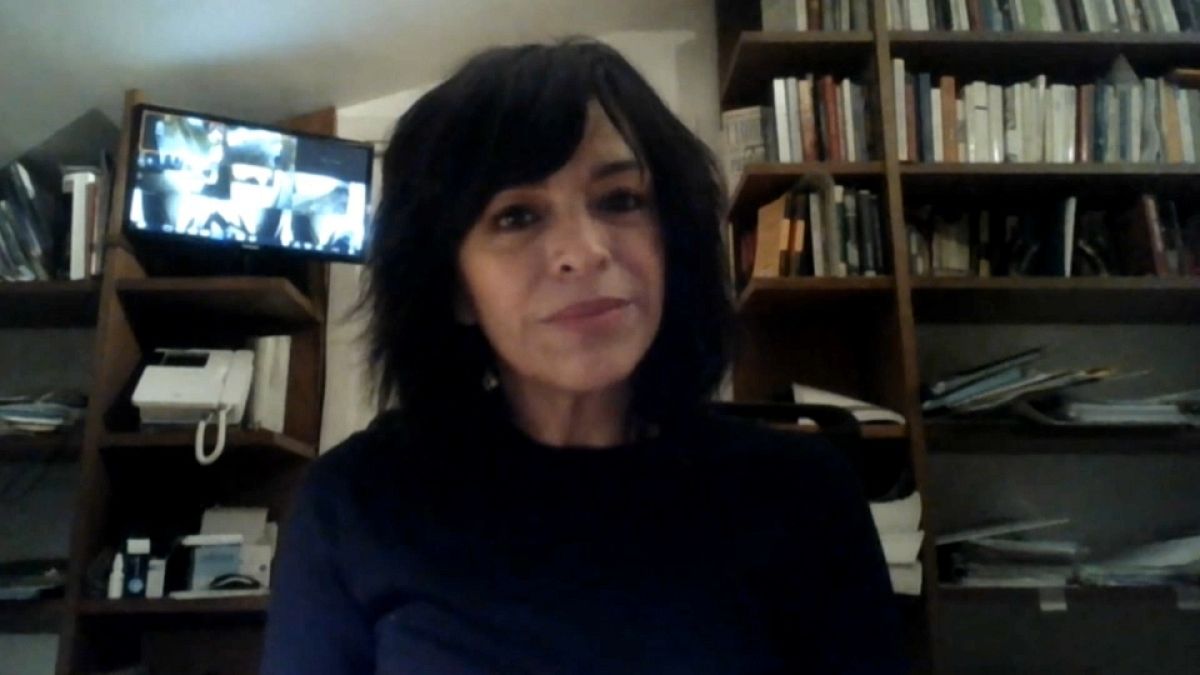Investigative journalist Anabel Hernández told Euronews that tonnes of drugs and money are transported by commercial airlines and private planes, which land at airports in cities in both Mexico and the United States.
“A wall between the US and Mexico won’t stop the drug trafficking,” investigative journalist Anabel Hernández told Euronews.
The Mexican reporter said that tonnes of drugs and a significant amount of money were transported by commercial airlines and private planes, which landed at airports in both cities in Mexico and the United States.
Hernandez has worked as an investigative journalist looking into government corruption in Mexico for the last 20 years. Her book "Narcoland" claims to show connections between the Sinaloa Cartel, headed by "El Chapo" Guzmán and high-ranking Mexican officials.
Hernández claimed during her investigations, the Sinaloa cartel operated with impunity at Mexico City airport under the protection of the Mexican government.
"If the corruption is at the airports, both in Mexico and at the airports of the receiving country, then there will be no wall that can reach the height at which an aeroplane flies," she said.
US President Donald Trump has said he wants to build between his country and Mexico to stop criminals from entering the United States.
America is divided over the construction, with the US federal government recently shut down for a month over the quarrel.
Now President Trump has declared a national emergency which has been met with threats from Democratic critics for another heated court debate.
'El Chapo is no longer dangerous'
Hernández had been looking into Joaquín "El Chapo" Guzmán Loera’s case when he was found guilty by US prosecutors at a federal court in Brooklyn, New York.
"El Chapo is no longer dangerous, what is dangerous is the system that he's created," she said.
Guzmán’s smuggling exploits made him the world’s most notorious drug baron since Colombia’s Pablo Escobar, who was shot dead in 1993 by police.
The Sinaloa Cartel leader was found guilty on Tuesday of all 10 counts in a US trial, including charges of drug trafficking, money laundering, weapons charges and murder conspiracy, and now faces life in prison at his sentencing hearing, scheduled for June 25.
Prosecutors said he had pocketed nearly €12 billion ($14 billion) through these activities.
The 61-year-old was accused of operating a drug-smuggling empire over the course of two decades and used violence against the Sinaloa cartel’s enemies.
READ MORE: 'A clean version of hell': How bad is the prison where 'El Chapo' is likely to end up?


